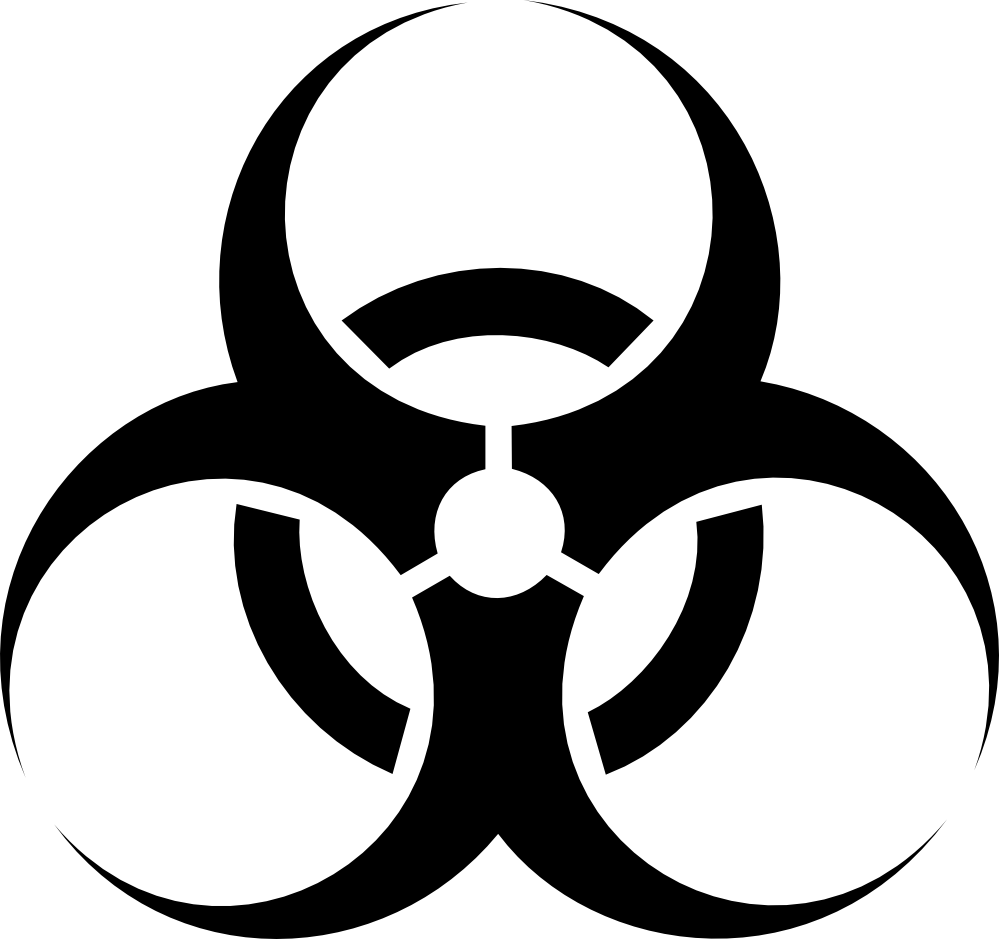Resources with keywords: template
A mechanism for capturing relevant information about each training course offered by EHS (or other group). Designed to justify the need for training from a regulatory and best practices perspective, identify key audience, and capture Training objectives and Learning objectives.
Target Audience: Regulators/Compliance personnel and trainers
The BMBL lists a ‘lab-specific biosafety manual’ for BSL2 and up. During lab inspections I found many researchers routinely deficient in this area. I created a skeleton document to start the ball rolling, asking them to fill in the details.
Target Audience: Principal Investigators and lab staff
The purpose of this document is to encourage researchers to think about the hazards specific to their labs and ways to prevent exposures and injuries.
The Training Analysis for a BSL-2 Biomedical Laboratory was created to define all tasks and subtasks in biosafety for all persons working in an international infectious disease detection laboratory. The analysis was done using the Instructional Systems Design (ISD) methodology defined in the publication, ISD From the Ground Up1. The product is a template that can be used as a reference for developing a laboratory-based biosafety training program for BSL-2 biomedical laboratories or as a base for the development of training for microbiological and containment laboratories. This template was originally used in the design of a competency training program. Application of the training analysis in a competency training program is more fully described in “Quantifying Competency in Biosafety: Application of the Instructional Systems Design (ISD) to Biosafety and Laboratory Biosecurity”, Delarosa, P., et al., Applied Biosafety 16:3, 2011. However, this type of analysis can be applied to any training design and can be readily applied to the development of both didactic and practical training materials.
Target Audience: All persons designing biosafety training. Persons interested in competency training in Biosafety
This is a “do it yourself” methodology for the development of biosafety training that incorporates biosafety tasks into working procedures and practices in the laboratory. The goal of the training design is to accurately define all biosafety training that an individual needs to safely complete their work and establish a method for practical integration of biosafety procedures on the job.
(Self) Assessment Framework (PDF) and accompanying excel template (PDF)
This is a Word document provided by Maryland Occupational Safety and Health. It is designed as a starting point for administrators creating a Bloodborne Pathogens Exposure Control Plan for their facility. (see OSHA website and CPL 2.2-69)
This publication includes a model exposure control plan to meet the requirements of the OSHA bloodborne pathogens standard and a model hazard communication program to meet the requirements of the hazard communication standard. The full text of these two OSHA standards, including the requirement for the written documents, is found in 29 CFR 1910.1030 and 29 CFR 1910.1200, respectively.


